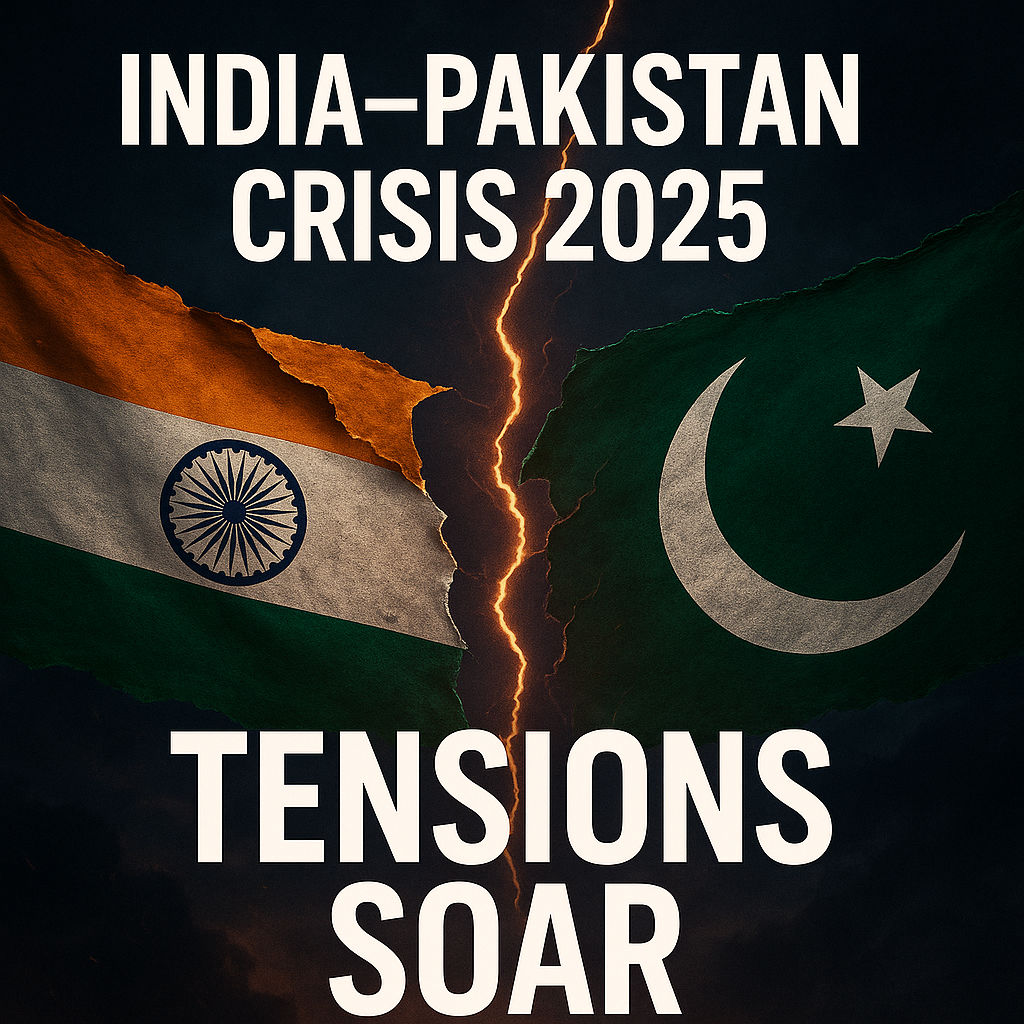Tensions between India and Pakistan have surged to alarming levels following the devastating terrorist attack in Pahalgam, Jammu and Kashmir, on April 23, 2025, which claimed the lives of 27 civilians and security personnel. India has directly blamed Pakistan-based terror groups for orchestrating the attack, reigniting old hostilities between the two nuclear-armed neighbors.
In a swift and firm response, New Delhi expelled senior Pakistani diplomats and suspended all visa services for Pakistani citizens. Additionally, India announced its withdrawal from the historic Indus Waters Treaty, a significant agreement that had survived multiple conflicts between the two countries since 1960. The Indian government emphasized that “exceptional provocation” left it with no choice but to reconsider its strategic and diplomatic commitments.
Pakistan, denying any involvement in the Pahalgam incident, retaliated by expelling Indian diplomats, closing its airspace to Indian aircraft, and formally suspending the Shimla Agreement that had underpinned bilateral negotiations since 1972. Islamabad also issued a warning that any further “aggressive measures” by India would be met with a “resolute response.
The situation has drawn international concern, with the United Nations and major powers like the United States and China urging both countries to exercise restraint and pursue dialogue. However, the prevailing mood in both capitals appears confrontational, with nationalist sentiments running high.
Security analysts fear that the breakdown of diplomatic channels could lead to an escalation along the Line of Control (LoC) in Kashmir, where military skirmishes have already been reported over the past few days. With trust at an all-time low, hopes for early de-escalation appear bleak.
As the India–Pakistan diplomatic crisis deepens, the region braces for an uncertain and potentially volatile future. Both governments face mounting internal and international pressure to prevent the situation from spiraling out of control, but mutual suspicion and hardened political positions may make reconciliation a distant prospect.
